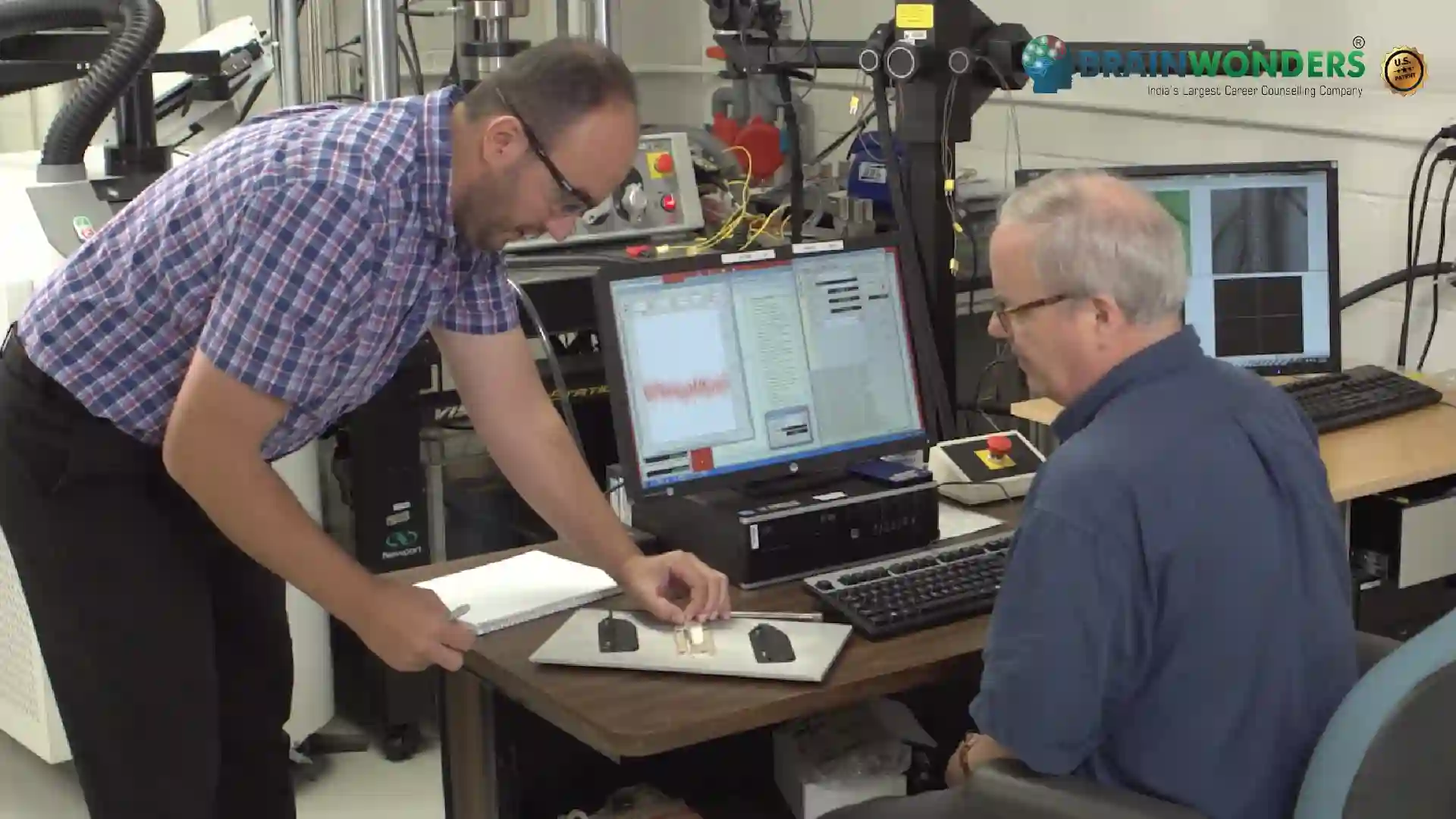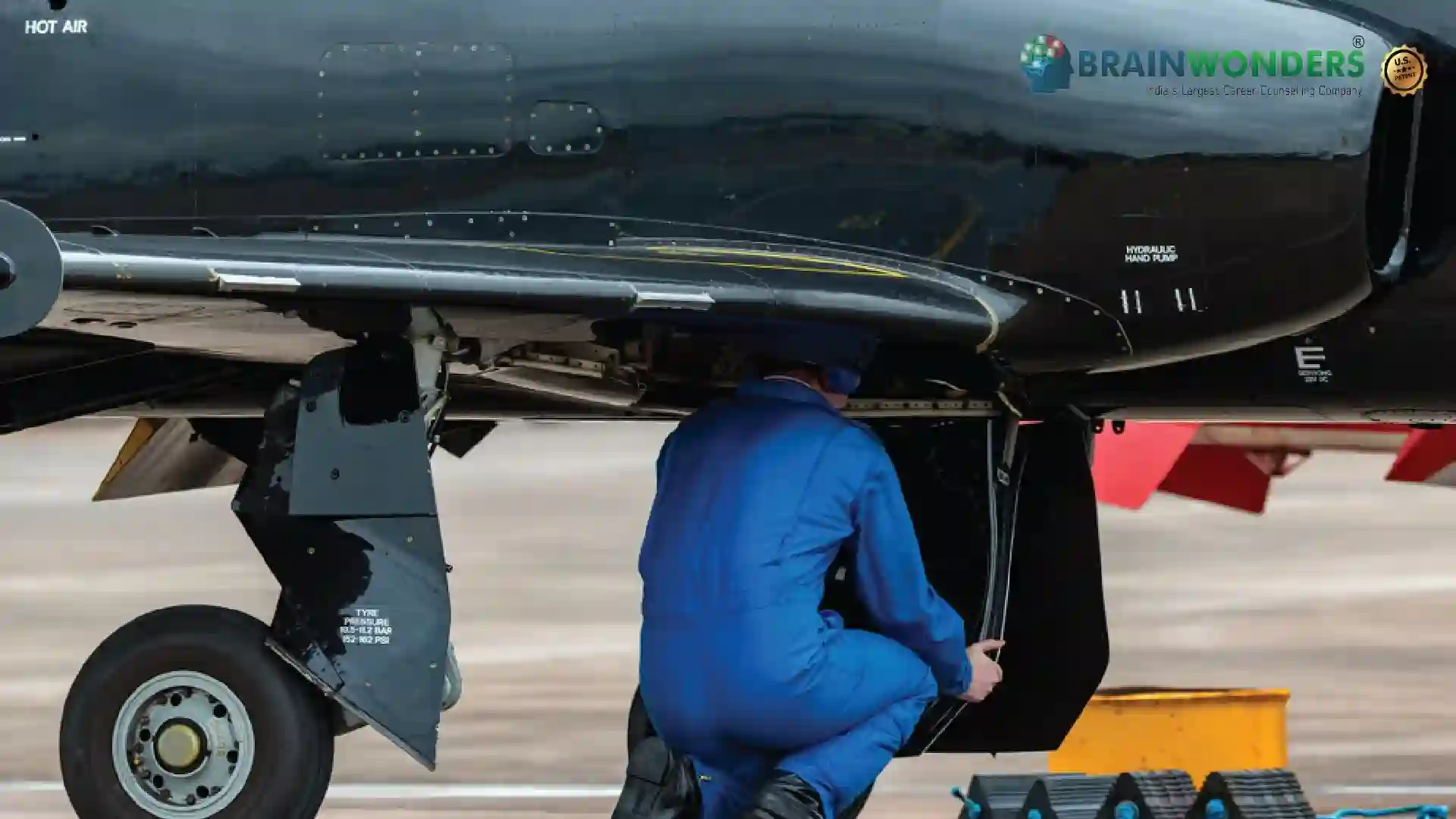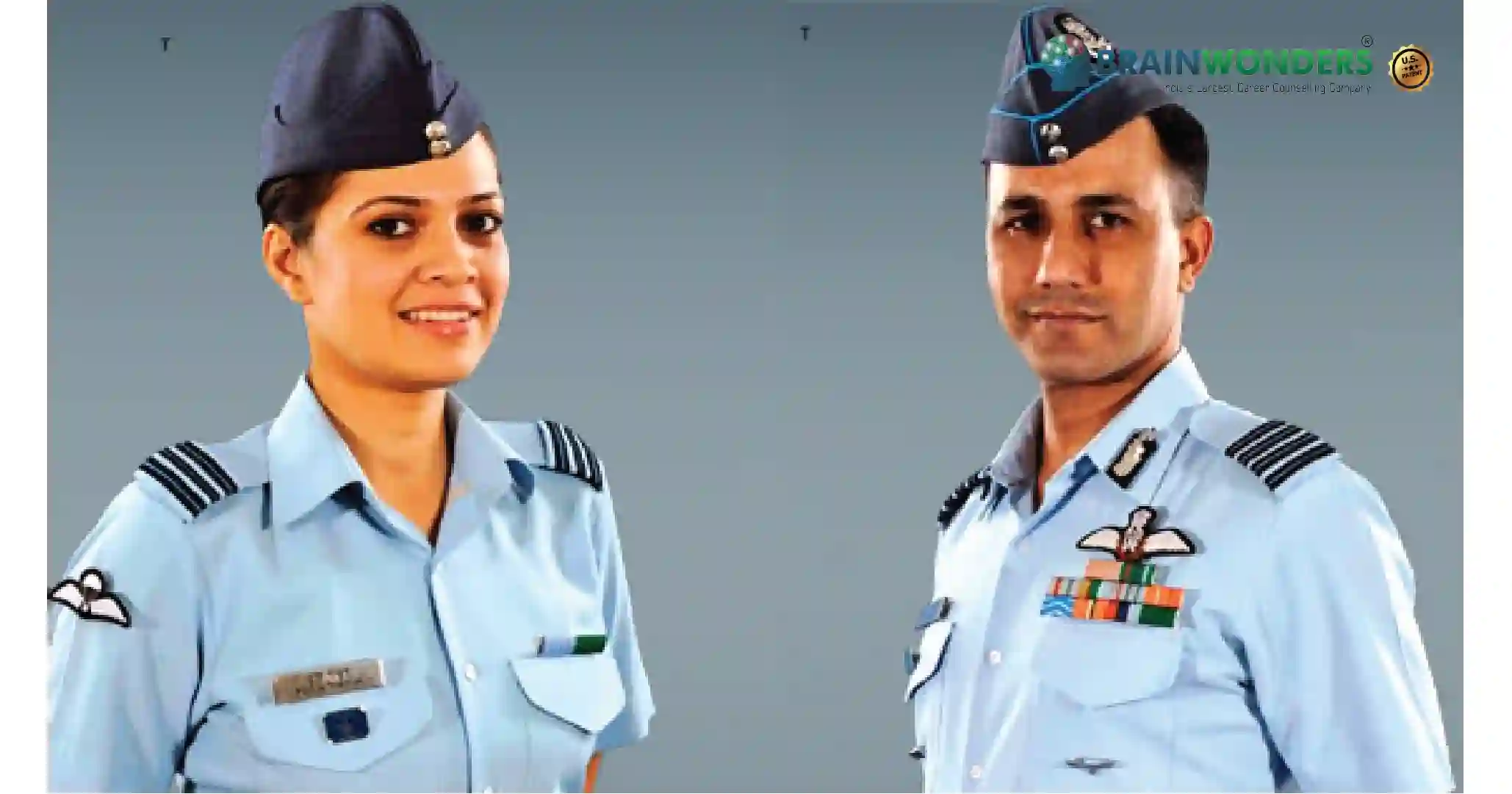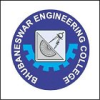Diploma in Aeronautical Engineering - Course, Fees, Eligibility, Top Colleges, Top Careers
Course Description
Diploma in Aerospace Engineering is 3 years.The course deals with study of aeronautics. The course also provides study about manufacturing and maintenance of the various parts and tools of air flight-capable machines,design, manufacturing, service, and testing of aircraft,techniques of operating an aircraft and rocket.
What is it about Diploma in Aeronautical Engineering?
A Diploma in Aeronautical Engineering is a specialized program that provides students with comprehensive knowledge and skills in aeronautics and aviation. This diploma course is designed to prepare individuals for a career in the aerospace industry, covering various aspects of aircraft design, maintenance, and operations.
Key aspects covered in the diploma program include:
- Aircraft Design and Structures: Students learn about the principles of aircraft design, aerodynamics, and aircraft structures, gaining insight into the engineering and construction of aircraft.
- Aircraft Systems and Propulsion: The curriculum includes studying aircraft systems, avionics, and propulsion systems, which are essential for understanding the functioning and maintenance of aircraft components.
- Flight Mechanics and Control: Students explore flight mechanics and control systems, understanding how to manage and control aircraft movement.
- Aircraft Maintenance and Repair: The program includes training on aircraft maintenance and repair techniques, ensuring graduates can efficiently address technical issues and ensure aircraft safety.
- Safety Regulations and Standards: Students are introduced to aviation safety regulations and industry standards, emphasizing the importance of adhering to safety protocols in aviation operations.
- Computer-Aided Design (CAD): Aeronautical Engineering often uses computer software to design and simulate aircraft models, and students are trained in CAD tools relevant to the aerospace industry.
- Practical Training: Many institutions offer practical training in well-equipped laboratories and workshops to provide hands-on experience with aircraft components and maintenance procedures.
Why choose Diploma in Aeronautical Engineering?
Choosing a Diploma in Aeronautical Engineering offers several compelling reasons to consider:
- Thriving Aviation Industry: Aeronautical Engineering is at the forefront of the thriving aviation industry, constantly evolving and advancing. By choosing this diploma, you become part of an exciting and dynamic field with vast opportunities.
- Specialized Knowledge and Skills: The diploma program focuses on providing technical knowledge and practical skills in aeronautics, aircraft design, and maintenance, making you a sought-after professional in the aerospace sector.
- Practical Training: The curriculum often includes hands-on practical training, allowing you to work with fundamental aircraft components and gain valuable experience, preparing you for real-world challenges in the aviation industry.
- Broad Career Prospects: Graduates of the diploma program can explore diverse career opportunities in aircraft maintenance, design, research, and development, or even aviation management, opening doors to a wide range of fulfilling career paths.
- Contribution to Innovation: Aeronautical engineers play a crucial role in advancing aircraft technology, designing safer and more efficient aircraft, and contributing to the progress of aviation as a whole.
- Global Demand: The aviation industry is not limited to any specific region; it has a global presence. Graduates with a diploma in aeronautical engineering have the potential to work across different countries and explore international job opportunities.
- Pathway to Higher Education: The diploma is a stepping stone for further studies and higher education in aeronautical engineering or related fields, allowing you to deepen your knowledge and expertise in specialized areas.
- Prestigious Industry: Aeronautics is a prestigious field that captivates the imagination of individuals worldwide. By pursuing this diploma, you become part of an esteemed industry that significantly impacts global transportation and exploration.
- Continuous Learning and Innovation: The aviation industry constantly evolves, presenting exciting challenges and opportunities for constant learning and innovation. You will be engaged in cutting-edge research and development as an aeronautical engineer.
- Passion for Aviation: If you have a passion for aviation, aircraft, and the excitement of the skies, pursuing a diploma in aeronautical engineering allows you to turn your power into a fulfilling and rewarding career.
Typical day at work
Frequently Asked Questions
1. Which diploma is best for aeronautical engineering?
Answer: The best diploma for aeronautical engineering is the "Diploma in Aeronautical Engineering" itself. Its specialized program focuses on providing comprehensive knowledge and practical skills in aeronautics and aviation. This diploma equips individuals with the necessary expertise to pursue a rewarding career in the aerospace industry.
2. What is the scope for a diploma in aeronautical engineering?
Answer: The content for a diploma in aeronautical engineering is promising and diverse. Graduates with this diploma can explore various career paths in the aviation and aerospace sector. They can work as aircraft maintenance technicians, aerospace technicians, aircraft design assistants, avionics technicians, and quality control inspectors in aircraft manufacturing and maintenance companies, airlines, aviation research organizations, and government aviation departments.
3. Can I do a diploma in aeronautical engineering after the 12th?
Answer: Yes, after completing the 12th standard (any stream + English) with a minimum of 60% aggregate marks, you can pursue a diploma in aeronautical engineering. The diploma program offers specialized training in aeronautics and aerospace, preparing students for entry-level positions in the aviation industry.
4. Is aeronautical a good career option?
Answer: Aeronautical engineering offers an excellent career option for individuals passionate about aircraft, aviation, and technological advancements. The aviation industry continuously evolves, providing ample opportunities for professionals to contribute to aircraft design, maintenance, and innovation. A career in aeronautical engineering can be rewarding, exciting, and intellectually stimulating.
5. What is the scope of a diploma in aeronautical in India?
Answer: In India, the size of a certificate in aeronautical engineering is quite promising. With a certification in hand, graduates can find job opportunities in various sectors related to aviation and aerospace. India has a growing aerospace industry, and there is a demand for skilled technicians and professionals in aircraft manufacturing, maintenance, and aviation research organizations. Additionally, the diploma is a foundation for further studies and higher education in aeronautical engineering or related fields, providing even more career prospects for ambitious individuals.
Eligibilty
To be eligible for the Diploma in Aeronautical Engineering program, candidates must meet the following criteria:
- The candidate should have qualified for the 10+2 examination (any stream + English) or its equivalent from a recognized board of education.
- A minimum aggregate of at least 60% marks in the 10+2 examination is required for eligibility.
Diploma in Aeronautical Engineering: Admission Process
The admission process for the Diploma in Aeronautical Engineering generally involves the following steps:
- Notification and Application: Institutes offering the Diploma in Aeronautical Engineering release admission notifications, usually on their official websites or through local newspapers. Prospective candidates need to check for these announcements and obtain the application form.
- Eligibility Check: Before applying, candidates must ensure they meet the specified eligibility criteria, which typically include passing the 10+2 examination (any stream + English) or equivalent with a minimum aggregate of at least 60% marks.
- Form Submission: After obtaining the application form, candidates must fill it out with accurate details and attach the required documents specified by the institute.
- Entrance Exam (if applicable): Some institutes conduct entrance exams as part of the selection process. Candidates may need to appear for these exams and perform well to secure admission.
- Merit-Based Selection: In some cases, admissions are based on merit, considering the candidate's performance in their 10+2 examination. Institutes may release a merit list indicating the selected candidates.
- Counselling (if applicable): Depending on the institute's procedure, candidates may be called for counselling sessions where they can seek guidance and discuss their career aspirations with the authorities.
- Document Verification: Shortlisted candidates may be required to provide original documents for verification during admission.
- Confirmation and Fee Payment: Upon selection, candidates must confirm their admission by paying the required fees within the specified time frame.
- Commencement of Classes: After completing the admission process, the academic session typically begins per the institute's schedule.
Diploma in Aeronautical Engineering: Careers Scopes
| Career Options After Diploma in Aeronautical Engineering | Average Salary (per annum) |
|---|---|
| Aircraft Maintenance Technician | INR 3.5 lakhs - 4.5 lakhs |
| Aerospace Technician | INR 3.0 lakhs - 4.0 lakhs |
| Aircraft Design Assistant | INR 3.5 lakhs - 4.5 lakhs |
| Aircraft Structural Technician | INR 3.2 lakhs - 4.2 lakhs |
| Avionics Technician | INR 3.2 lakhs - 4.2 lakhs |
| Aircraft Maintenance Engineer | INR 4.0 lakhs - 5.0 lakhs |
| Quality Control Inspector (Aviation) | INR 3.5 lakhs - 4.5 lakhs |
| Aerospace Manufacturing Technician | INR 3.0 lakhs - 4.0 lakhs |
| Aviation Safety Officer | INR 3.8 lakhs - 4.8 lakhs |
| Aircraft Systems Specialist | INR 3.5 lakhs - 4.5 lakhs |
Colleges





